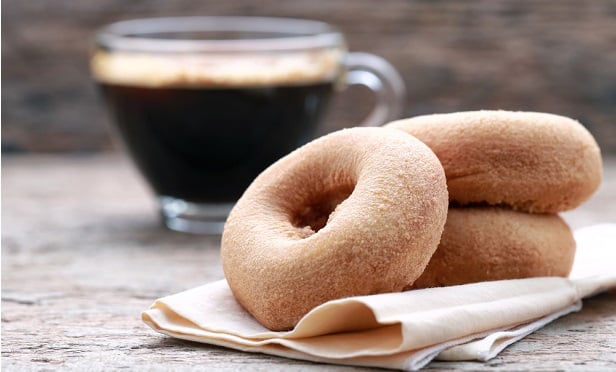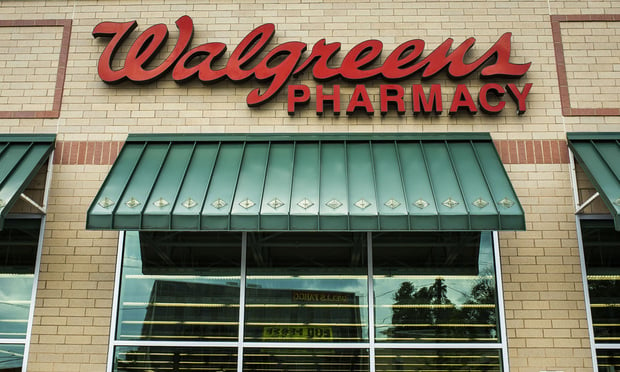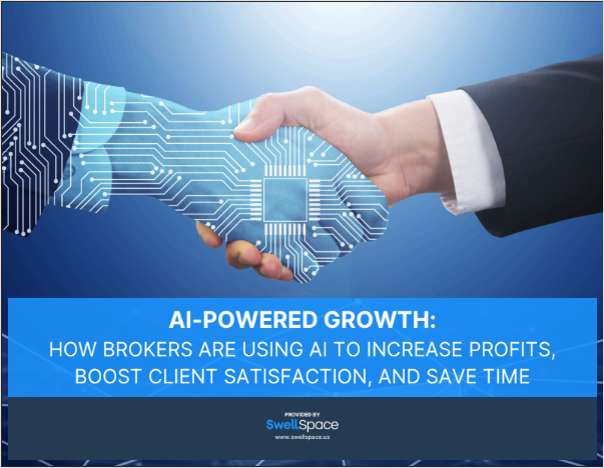 While we know that eating right is good for you, it can be challenging to remember the importance of a well-rounded diet when it comes to free food. (Photo: Shutterstock)
While we know that eating right is good for you, it can be challenging to remember the importance of a well-rounded diet when it comes to free food. (Photo: Shutterstock)
We all know the easiest way to get people to a meeting is with one word: food. Free food drives people to show up, sit back and get ready to listen. Even in my workplace, we believe in the positive impact of free food so much that employees have access to a variety of free, healthy snacks and the occasional bagel breakfast or catered lunch.
Related: 'Young foodies' spark investment in gourmet office kitchens
But, are these feel-good snacks or cafeteria lunch options undermining efforts to foster a healthy workforce? Below, we discuss the true cost of free food in the workplace and how benefits brokers can counsel their clients on this growing trend.
The benefit of healthy food in the workplace
Free food may be a small addition to the workplace, but the positive impact can be mighty. In fact, a recent study found that 66 percent of millennials would take a job with better perks, including the availability of healthy snack options. Further, free food may boost productivity by keeping employees fueled with healthy, nutrient-dense foods and decreasing the need to leave the workplace due to a snack time craving.
What's more, free food is often less expensive and easier to manage than other benefits. With 60 percent of employees ranking free food in the top three work perks, employers shouldn't overlook this desired benefit.
Aligning benefits with healthy workforce initiatives
While we know that eating right is good for you, it can be challenging to remember the importance of a well-rounded diet when it comes to free food. Donuts and bagels can be a quick and inexpensive addition to a morning meeting, but lack the nutritional value that generates energy to keep employees engaged throughout the day. For companies with wellness initiatives, these starchy and sugary snacks compete with healthy initiatives and send the wrong message. Instead, employers should encourage nutritional choices that are easily accessible and packed with nutrients. Smart snacking ideas include:
- Fresh fruit and whole-grain options like brown rice cakes, oatmeal, or high-fiber cereal bars.
- Certain granola bars, but be wary as many may be high in sugar and don't provide sustained energy.
- Snacks like eggs, peanut butter, low-fat cheese and low-fat yogurt are high in protein and keep employees feeling full for longer.
- Snacks that are inclusive of dietary needs and restrictions such as nut-free, gluten-free, kosher and vegan options.
And don't forget to consider accessible water stations that can encourage proper hydration and cut down on the consumption of sugary beverages.
The role benefits professionals can play
Employees are critical to an organization's ability to grow and thrive. When employees are happy and healthy, they bring their best selves to work. Brokers and the employers they work with know that employees with fewer health risks take fewer sick days, go to the doctor less, and spend more time working. Brokers can lead by example and bring healthy snacks to client meetings, along with tips and tools on integrating healthy snacks into client culture. Tips can include:
- Evaluating vending machine options to include healthier snack options.
- Pricing healthier options to ensure affordability.
- Providing menus from local restaurants that offer healthy catering options.
- Identifying data-driven wellness tools that integrate overall well-being into benefits offerings and company culture.
In fact, benefits brokers are critical to leading conversations with employers on how they're utilizing their benefits plans to attract top talent and retain employees. If clients are not currently evaluating well-being benefits, they may soon realize that their employees' desired benefits have surpassed those company offerings.
Offering healthier snack options—whether free or through vending machines and company cafeterias—makes it easier for employees to healthy food choices. Before reducing or removing employees' favorite snacks, education on health snack options, and communication on why changes are being made will increase employee adoption and meet the increasingly popular benefit of free food in the workplace.
Mary Marzec, Ph.D., is senior scientist of Virgin Pulse, the world's largest employee well-being solutions provider, working with more than 3,000 organizations across the globe.
Read more:
Complete your profile to continue reading and get FREE access to BenefitsPRO, part of your ALM digital membership.
Your access to unlimited BenefitsPRO content isn’t changing.
Once you are an ALM digital member, you’ll receive:
- Breaking benefits news and analysis, on-site and via our newsletters and custom alerts
- Educational webcasts, white papers, and ebooks from industry thought leaders
- Critical converage of the property casualty insurance and financial advisory markets on our other ALM sites, PropertyCasualty360 and ThinkAdvisor
Already have an account? Sign In Now
© 2025 ALM Global, LLC, All Rights Reserved. Request academic re-use from www.copyright.com. All other uses, submit a request to [email protected]. For more information visit Asset & Logo Licensing.








